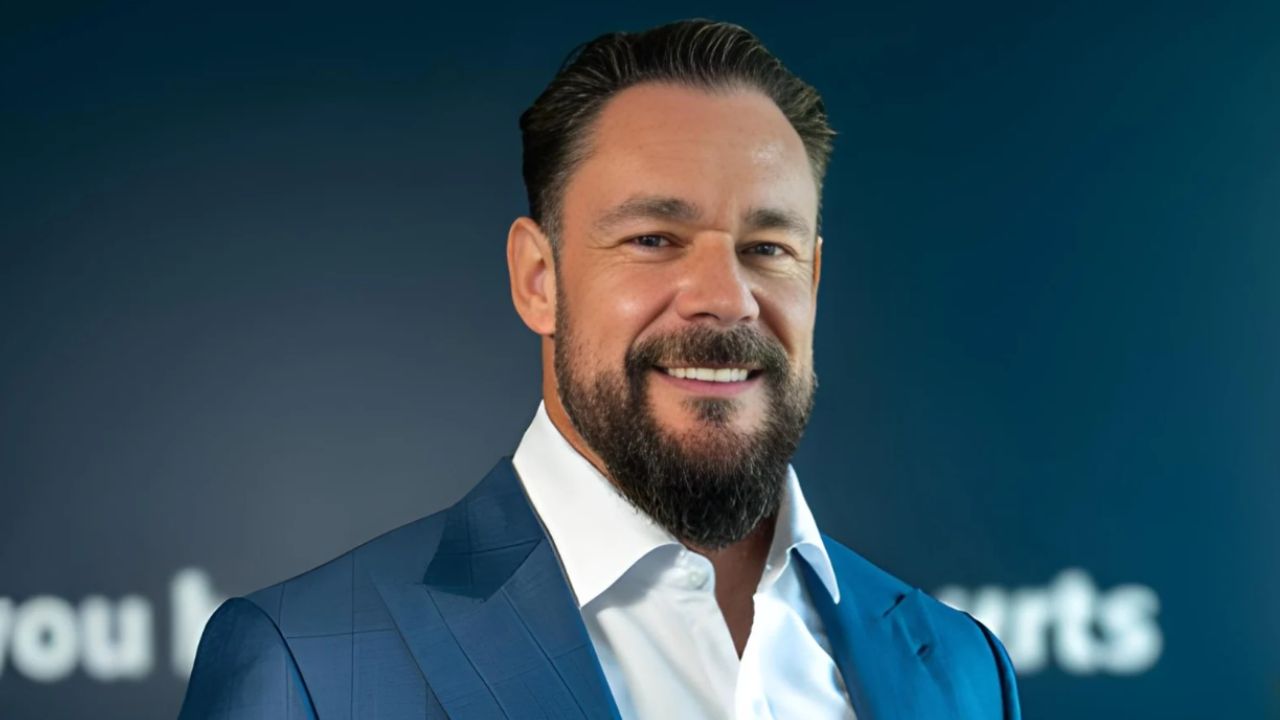Too many leaders think they have all the answers. They sit in boardrooms, analyse spreadsheets, and devise strategies based on what they believe their clients or partners should want. This top-down approach is not just outdated; it’s a direct path to irrelevance.
In my years leading teams, I’ve found the most transformative question isn’t a statement disguised as a query – it’s simply: “What do you want?”
This philosophy is the bedrock of my leadership at Harcourts NSW.
In an industry defined by competition and volatile markets, we’ve built a culture of trust and a network that thrives on mutual success.
How? By shifting our focus from dictating solutions to genuinely understanding the aspirations of our business owners.
The old model of a franchisor telling franchisees what they need is broken.
The future is built on asking, listening, and then delivering.
The Arrogance of “We Know Best”
In any industry, but especially in real estate, market conditions shift with breathtaking speed.
A leadership team that believes it holds a monopoly on good ideas will inevitably be caught flat-footed.
They operate on assumptions, not on the real-time intelligence that comes directly from those on the front lines.
This “we know best” attitude creates critical challenges:
- It Erodes Trust: When you tell people what they need without understanding their unique challenges, you’re not a partner; you’re a vendor.
That transactional relationship is fragile and lacks the loyalty needed to weather tough times. - It Stifles Innovation: The best ideas rarely originate in the C-suite.
They come from the front lines—from agents trying to close a difficult deal or from clients frustrated with the status quo.
Telling, instead of asking, silences this vital feedback loop. - It Fails to Adapt: A strategy built on assumptions is rigid.
When the market turns, that rigidity becomes a liability.
A client-centric model, however, is inherently agile because it’s constantly informed by the people it serves.
A New Framework: Leading Through Inquiry
Shifting from a directive to a collaborative model requires a fundamental change in mindset.
It’s about cultivating curiosity and prioritising the needs of your partners above all else.
- Build Partnerships, Not Just Networks
Trust is the foundation. In the real estate sector, where transactions are high-stakes, trust isn’t a ‘nice-to-have’; it’s everything.
We make it clear that our primary role is to support our business owners, not to dictate their operations.
When you prioritise your client’s needs, you build a partnership, fostering a level of loyalty a transactional model can never achieve. - Use Technology as an Enabler, Not a Mandate
Too often, technology is implemented with a top-down mandate.
A new CRM is rolled out, and teams are simply expected to adapt.
A more effective approach is to ask: “What are the biggest friction points in your day-to-day work, and how can technology help solve them?”
This way, technology becomes a tool that empowers your people, chosen based on their stated needs, not imposed from on high. - Invest in Your Team’s Vision
The best talent doesn’t want to be a cog in a machine; they want to contribute and grow. By asking our people what they want for their careers, we transform our role from employer to career partner.
It’s not just about teaching skills; it’s about providing a platform for them to achieve their own professional and financial goals.
When people feel that their personal ambitions are aligned with the company’s vision, they become your most powerful asset. - Let Data Inform, Not Dictate
It’s easy to let analytics make decisions for us. But data lacks context. It tells you the ‘what’, but rarely the ‘why’.
Combining data-driven insights with direct qualitative feedback gives us a richer, more complete picture.
This blend of quantitative and qualitative information allows for more nuanced and truly strategic decision-making.
Reimagine Your Leadership Strategy
The directive to “ask, don’t tell” is a strategic imperative for any leader looking to build a resilient and successful organisation.
It requires humility, a genuine curiosity about the people you serve, and a willingness to place their needs at the heart of your strategy.
So, look at your own business. Are you truly listening? Or are you operating under the assumption that you already have all the answers?
The next time you’re about to present a solution, pause. Instead of launching into your pitch, start with one simple question: “What do you want?”
The answer might just change everything.

